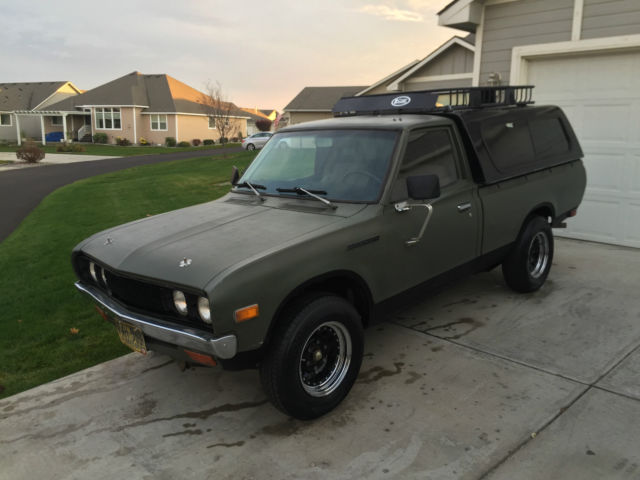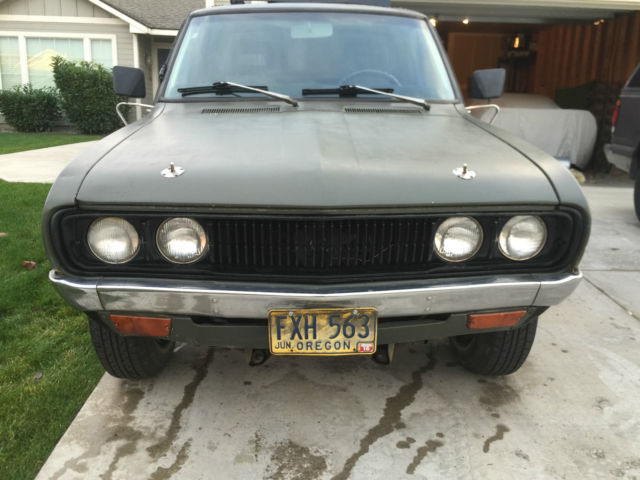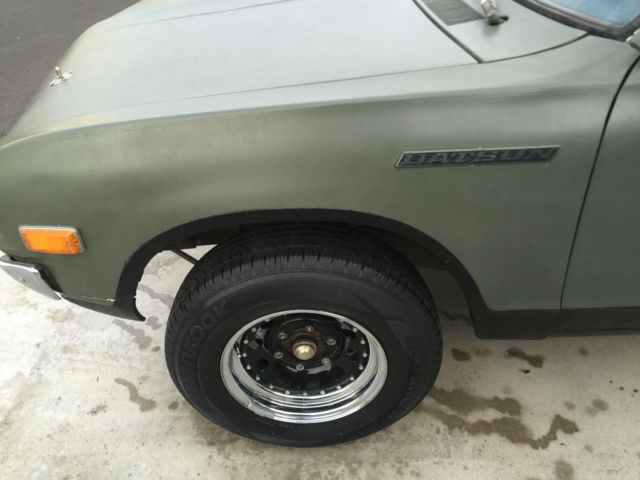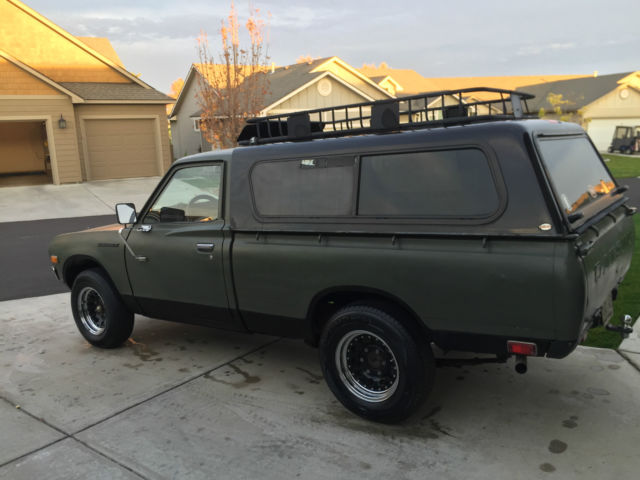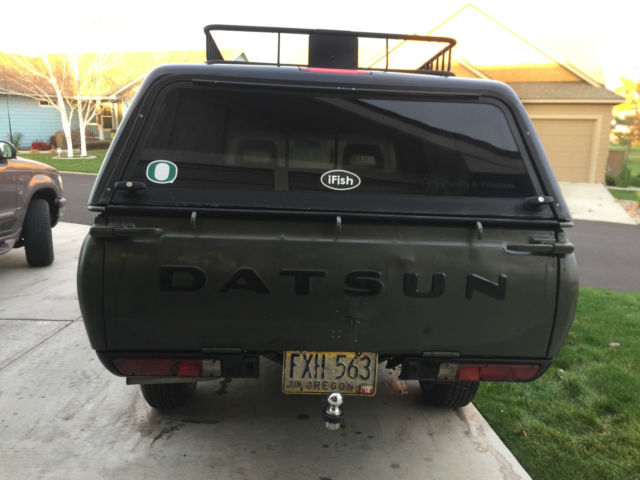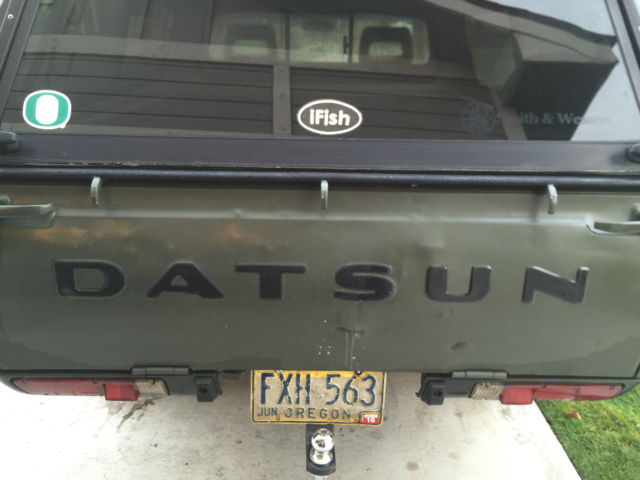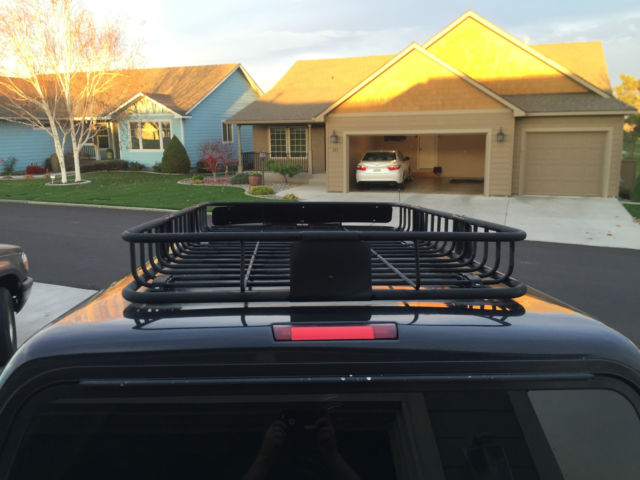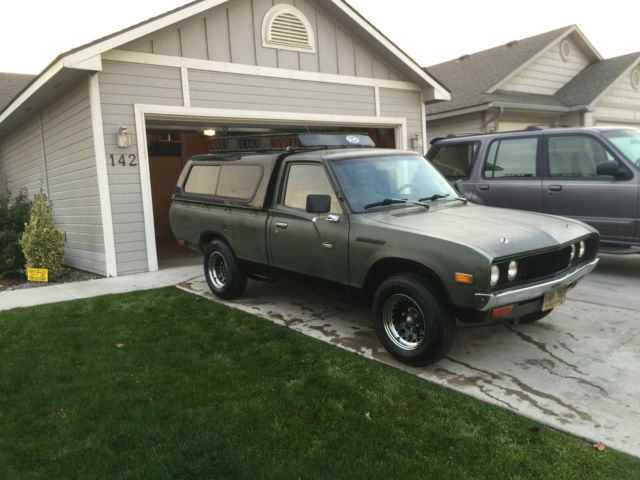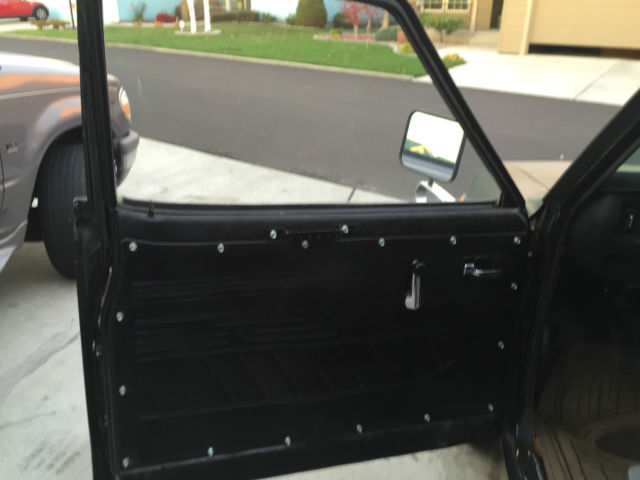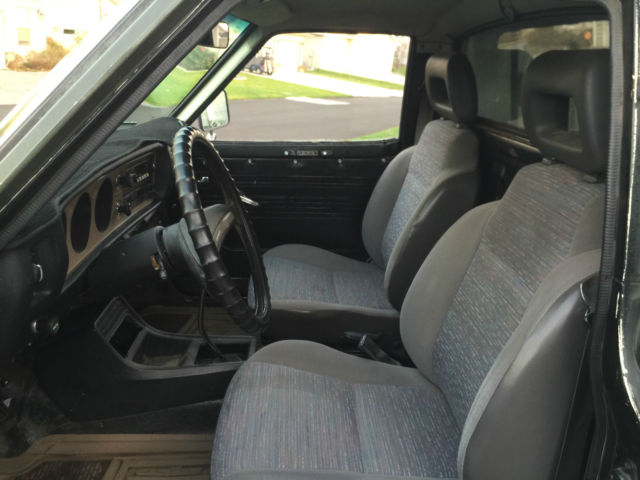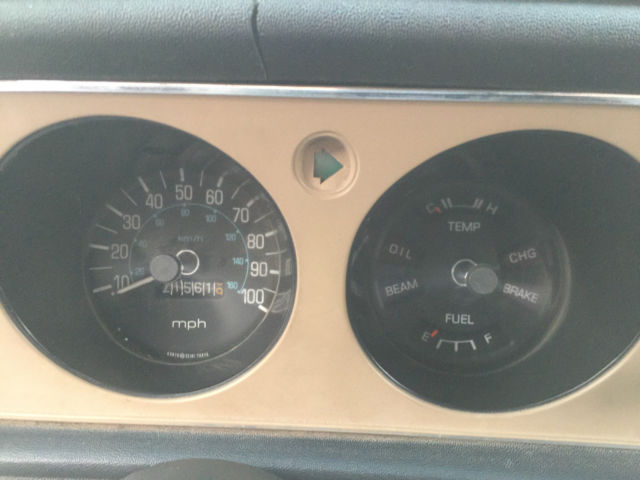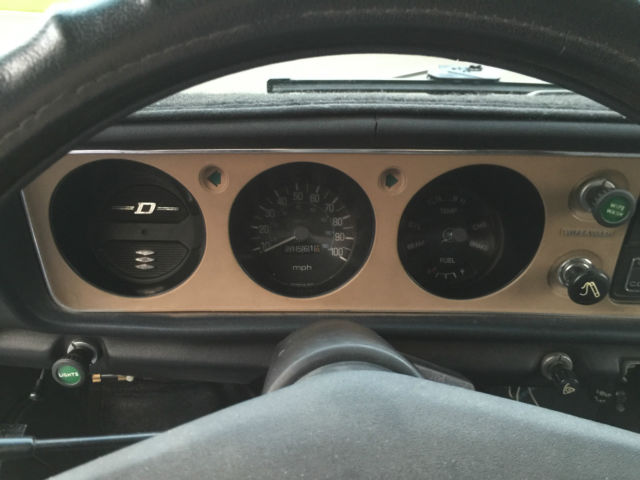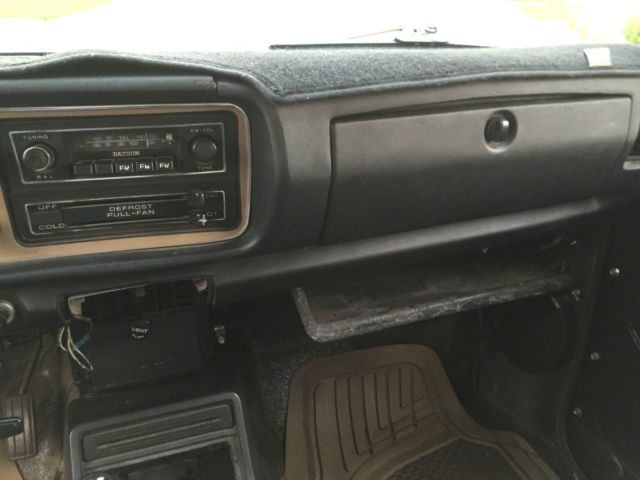1978 Datsun 620 Pickup L20B Engine
- Condition: Used
- Make: Datsun
- Model: Other
- Trim: 620
- Year: 1978
- Mileage: 21,562
- Color: Green
- Engine size: L20B
- Number of cylinders: 4
- Fuel: Gasoline
- Transmission: Manual
- Drive type: RWD
- Vehicle Title: Clear
- Interested?
1978 Datsun Other 620 Description
1978 Datsun 620 Pickup with canopy, runs good, L20B Engine, 5 speed manual transmission. It comes with an extra set of studded tires and wheels. All tires are in good condition with plenty of tread. truck has aftermarket bucket seats. There are some small dings that you can see in pics and there is a small tear in talegate just below the "S" however, there is no major body damage and no rust problems. Canopy is easily removed and is secured by only 4 bolts. If you have any questions please feel free to send me a note. I bought this about a year ago from my brother and it has been parked in my garage for the most part. I currently have 7 vehicles and need to get rid of some of them. I have not had any problems with the truck. Mileage 21,562 is what is showing on odometer. This probably is not be the actual miles as the odometer in this truck will only go to 99,999.Basic 620 Info and Specs:
The 620 was redesigned slightly for 1978, with changes to grille and front bumper. The suspension was also revised, increasing track at both ends by 30mm (1.2in).
The 1975 through 1979 models used the L20B engine (110hp SAE Gross). SAE Net rating was 97hp
L20B
The L20B was a 1,952cc (85.0 x 86.0mm) engine produced from 1974 through 1985. It produces 110hp (82kW) in 1974-75 form with 112lb·ft (152N·m) of torque as installed in the Datsun 610 and 97hp (72kW) in 1977-78 form with 102lb·ft (138N·m) of torque as installed in the 200SX.[1] The L20B engine introduced larger-diameter (60mm) main bearings while retaining a fully counterweighted crankshaft. The forged U60 crankshaft also ushered in the use of a six-bolt flywheel boss. The block introduced a taller deck height to accommodate the longer stroke and connecting rods. This specification would also be used later in the Z20 and Z22 engine series. The bigger powerplant even helped spawn an important new offering from Datsun's competition department -50mm Solex twin-choke carburetor kits- complete fuel systems that help produce nearly double the power from the ubiquitous L20B. The legendary robustness and nearly square configuration have made this engine a popular choice among tuners for turbocharging.
The engine used a carburetor but switched to fuel injection (and round instead of square exhaust ports) in some non-USA markets in 1977. Carburetors were used in all US L20B applications for both cars and trucks. There were six versions of the L20B in the US- U60, U67, U95 (used in cars) and U60, U67, B98, 04W, and 05W (used in trucks). In the US, the L20B was used in six different model families -A10, 610, 710, S10, 620, and 720 models- making it the most versatile powerplant in the company's US history. To avoid confusion with the six-cylinder L20, Nissan designated this engine the L20B.
Applications:
- 1974–1976 Datsun 610
- 1975–1977 Datsun 710
- 1975–1979 Datsun 620 (110hp)
- 1975–1979 Datsun 200SX (S10)
- 1977–1981 Datsun 200B
- 1978–1981 Datsun 510
- 1979.5–1980 Datsun 720
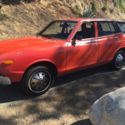 1976 Datsun 710 Wagon Nissan 160J Violet L20B JDM Vintage Classic Datsun 510
1976 Datsun 710 Wagon Nissan 160J Violet L20B JDM Vintage Classic Datsun 510
Mileage: 90,000
 1978 620 King Cab pickup truck - project - 4 spd L20B in Ks. NO RESERVE SALE
1978 620 King Cab pickup truck - project - 4 spd L20B in Ks. NO RESERVE SALE
Mileage: 85,000
 1973 DATSUN 510 W/ L20B STROKER
1973 DATSUN 510 W/ L20B STROKER
Mileage: 999,999
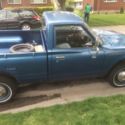 1978 Datsun Pickup
1978 Datsun Pickup
Mileage: 65,354
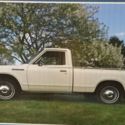 1978 Datsun 620 pickup
1978 Datsun 620 pickup
Mileage: 52,000
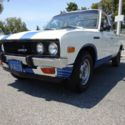 1978 Datsun 620 King Cab Pickup
1978 Datsun 620 King Cab Pickup
Mileage: 58,545
 1978 Datsun Pickup Truck
1978 Datsun Pickup Truck
Mileage: 121,000
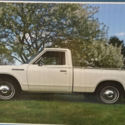 1978 Datsun 620 Pickup Survivor barn find
1978 Datsun 620 Pickup Survivor barn find
Mileage: 51,000
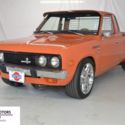 1978 Datsun Pickup Showtruck Beautiful Condition Runs Perfect
1978 Datsun Pickup Showtruck Beautiful Condition Runs Perfect
Mileage: 69,780
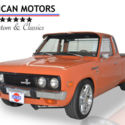 1978 Datsun Pickup Show Truck ** Rare Restoration, 5 Speed , Clean inisde & out
1978 Datsun Pickup Show Truck ** Rare Restoration, 5 Speed , Clean inisde & out
Mileage: 69,780
